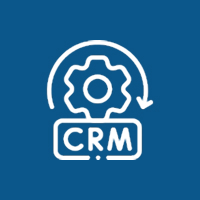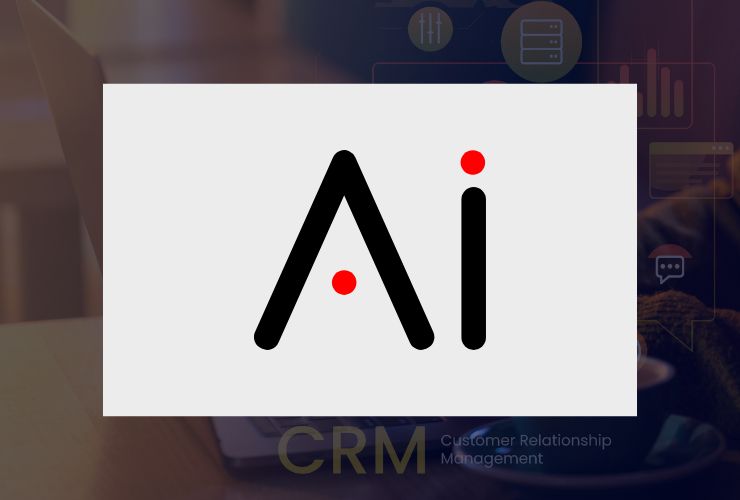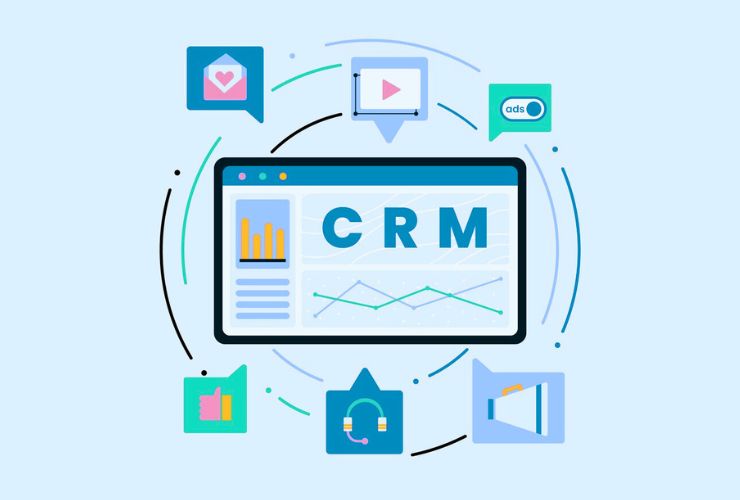Cloud technology has fundamentally changed the way businesses think about customer relationships. Traditional customer relationship management (CRM) implementations were typically expensive because they required large up-front investments in servers, software, on-site installations, assembly, maintenance, and other costs. Moreover, traditional customer management systems are sometimes complicated and time-consuming to adopt, making them problematic for smaller business, in particular.
Cloud-based CRM development now presents a flexible, scalable, accessible alternative which is radically changing how companies engage with their customers and streamline business processes. Because of the operational flexibility of cloud technologies, all companies – large and small – can leverage next-generation capabilities in CRM solutions without the headaches of traditional software installs.
Key Benefits of Cloud-Based CRM Development
1. Scalability and Flexibility
Cloud CRMs are unparalleled in their scalability. As your business expands, your CRM solution will grow right along with your company. You can easily add a new user, functionality, or data storage whenever you need it without having to purchase a whole new server or worry about upgrades to your company’s IT infrastructure. In fact, the flexibility that cloud CRM provides means that you pay only for what you need to. So, you can design your ideal CRM solution without being held back by features your company won’t need right away or the need to upgrade.
2. Cost Savings
Typically, one of the biggest advantages to cloud-based CRM systems is the savings on upfront costs. When looking at traditional CRM systems, companies looking to implement a CRM will usually be looking at making a capital expenditure on servers, networking, and maintenance. However, cloud CRMs are subscription-based services that help eliminate heavy capital expenditure into easily manageable monthly or yearly subscription costs. It creates predictability in businesses’ pricing, leading to lower costs overall and lower barriers to entry for small businesses and startups.
3. Accessibility and Collaboration
Because of the nature of cloud technology, users can access all of the CRM data and functionality anytime and anywhere through any internet-connected device. This level of accessibility continues to be incredibly important in the modern work environment, especially with the rise of remote and mobile solutions. Sales teams can log leads while on the go, customer service teams can handle issues from anywhere, and marketing teams can collaborate on analyzing data in real-time together without delays for review meetings. These features increase the level of productivity and responsiveness across all teams using the systems.
4. Faster Deployment and Updates
Cloud CRM platforms eliminate the lengthy setup times associated with on-premises software. You can deploy a cloud CRM in days or even hours, so your business starts benefiting almost immediately. The cloud provider also rolls out updates and new features automatically, keeping your system current without manual work or downtime.
5. Enhanced Security and Backup
Security is a top priority for cloud providers. They invest heavily in robust cybersecurity measures, including data encryption, multi-factor authentication, and regular security audits. Automatic backups and disaster recovery protocols protect your customer data, providing peace of mind that your information is safe even in the event of hardware failure or cyberattacks.
How Cloud Is Shaping CRM Development Trends
AI and Automation Integration
Cloud solutions make it easier than ever to integrate AI-powered capabilities like chatbots, predictive analytics, lead scoring, and automated workflows. These capabilities offer businesses new ways to provide personalized customer experiences with automated routine tasks while also allowing for faster data-driven decision making.
Mobile First CRM
Cloud CRMs explicitly state mobile availability, providing their own apps, or responsive sites. This is key for sales and service teams working on either smartphones or tablets. This is especially important for field teams and companies employing distributed workforces.
API-Driven Development
Today, many cloud CRMs offer large and fully functional APIs that enable seamless integration with other tools such as marketing automation, accounting, and e-commerce. This seamless integration creates an ecosystems that supports distinct and custom workflows for each enterprise’s unique business needs.
Customizability and Extensibility
Due to cloud infrastructure, it is considerably quicker for developers to develop and deploy custom modules/extensions. Enterprises may want to upgrade existing capabilities with certain unique features or integrate an outside service. Overall the ability to react to the market demands is accomplished more quickly.
What Does This Mean for Business?
With cloud technology advancing rapidly, powerful CRM programs that were once in the realm of large companies are now available to all businesses. Companies of any size can now have implemented advanced CRM systems with little IT investment.
Cloud-based CRM systems will give companies even more agility in reacting to the market, allowing custom interactions with customers and, ultimately, operational efficiencies. With emerging technologies and ongoing evolving processes to assist in the marketing across various channels, companies can innovate through cloud technology in rapid cycles without significant interruptions to their operational model.
Cloud-based CRM development offers businesses the agility to do what is most critical in a competitive environment; develop and maintain customer relationships to achieve growth.
Ready to modernize your CRM strategy?
Empirical Edge helps businesses implement secure, scalable cloud CRM solutions that improve customer engagement, streamline operations, and support long-term growth.
Frequently Asked Questions
Cloud technology enables CRM platforms to deliver real-time data access, remote availability, faster deployment, and seamless updates without heavy on-premise infrastructure.
Key benefits include scalability, cost efficiency, improved collaboration, automated backups, and enhanced security for customer data.
Yes. Cloud CRM reduces upfront hardware costs and offers flexible pricing models, making it accessible for growing businesses.
Modern cloud providers implement encryption, multi-factor authentication, and continuous monitoring to protect sensitive business data.
Organizations should evaluate data migration needs, integration requirements, customization options, compliance standards, and long-term scalability.











